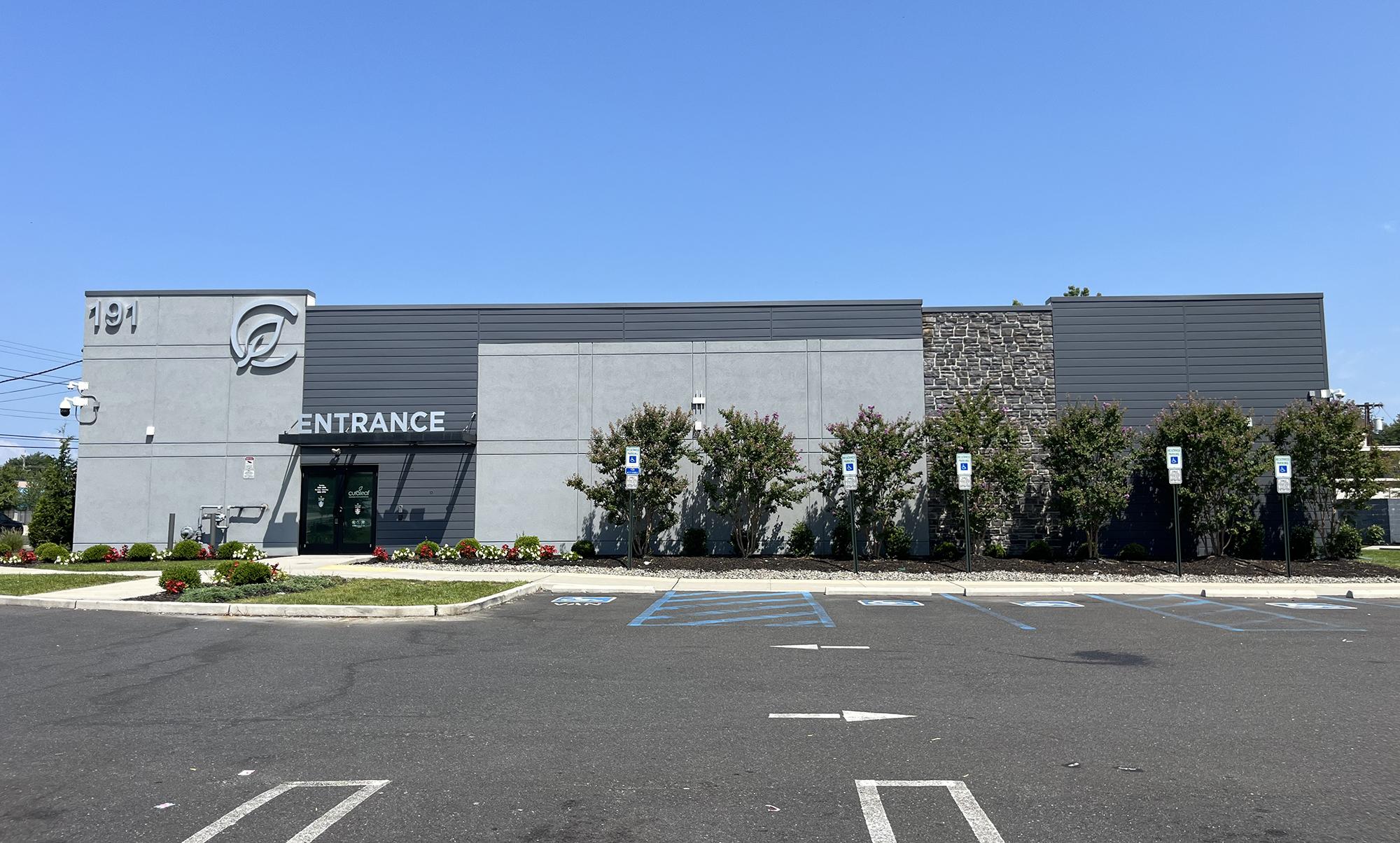As the legal cannabis market in the United States marches toward a projected $50 billion in annual sales by 2025, emerging players are investigating whether franchising could be the path to national scale—despite a fragmented legal landscape and persistent operational hurdles.
The Franchise Opportunity
Franchising offers a proven expansion model, providing access to capital and labor, replicable systems, and brand consistency across regions. Indeed, Unity Rd. and Cannabis10X have begun to leverage this model, positioning themselves as among the first nationally structured cannabis dispensary franchises. Franchisees benefit from shared corporate expertise in compliance, supply chain management, and marketing—areas that often deter small mom-and-pop entrants.
Regulatory Hurdles
However, cannabis franchising is plagued by regulatory fragmentation. A franchise must comply with FTC rules and then navigate a separate, state-by-state patchwork of cannabis laws. States still ban interstate transport of cannabis, meaning each franchise location operates as an independent state-contained entity. Moreover, federal illegality—currently Schedule I but pending possible rescheduling to Schedule III—compounds the complexity.
Financial and Banking Barriers
Cannabis businesses remain largely excluded from traditional banking, forced to rely on cash-based operations. This presents enormous security, transparency, and accounting challenges. While the SAFE Banking Act aims to allow federally chartered banks to work with cannabis firms, its future remains uncertain. Without guaranteed banking, franchise models must plan for cash-heavy logistics and additional compliance costs, raising barriers for less-capitalized franchisees.
Logistics & Quality Assurance
Distribution franchising adds another layer of complexity: consistent logistics across jurisdictions. Cannabis products must navigate regional testing regimes, security mandates, and inventory tracking systems. Innovations in compliance platforms and transport solutions can ease this—but cost and regulatory variability remain significant impediments.
Capital Access & Market Competition
Raising startup capital for franchisees is tricky because cannabis remains off-limits to public markets and most conventional lenders. While franchising attracts private capital, national brand expansion often hinges on deep pockets. Large multi-state operators like Curaleaf and Cresco Labs have achieved scale through mergers and acquisitions—not franchising.
The Canada Contrast
Canada provides a cautionary counterpoint: once federally legalized, franchise adoption doubled compared to the U.S. Federal legalization removes banking and interstate transport barriers, allowing franchise systems to flourish. This illustrates the importance of uniform federal policy in enabling national-scale franchising.
Final Thoughts
National-level cannabis franchising holds promise—but remains dependent on major systemic changes. As long as federal prohibition persists, and banking and interstate transport remain restricted, franchising will be more complicated and riskier than in conventional industries. That said, well-capitalized innovators like Unity Rd., equipped with compliance tools and deep operational know-how, may pioneer national footprints in high-legalization states.
The path forward likely hinges on two critical developments: federal legalization or rescheduling paired with banking reform, and the maturation of compliance and logistics platforms that can be deployed across jurisdictions. Until then, cannabis franchising is feasible—but cautiously so: complex, costly, and uneven.

